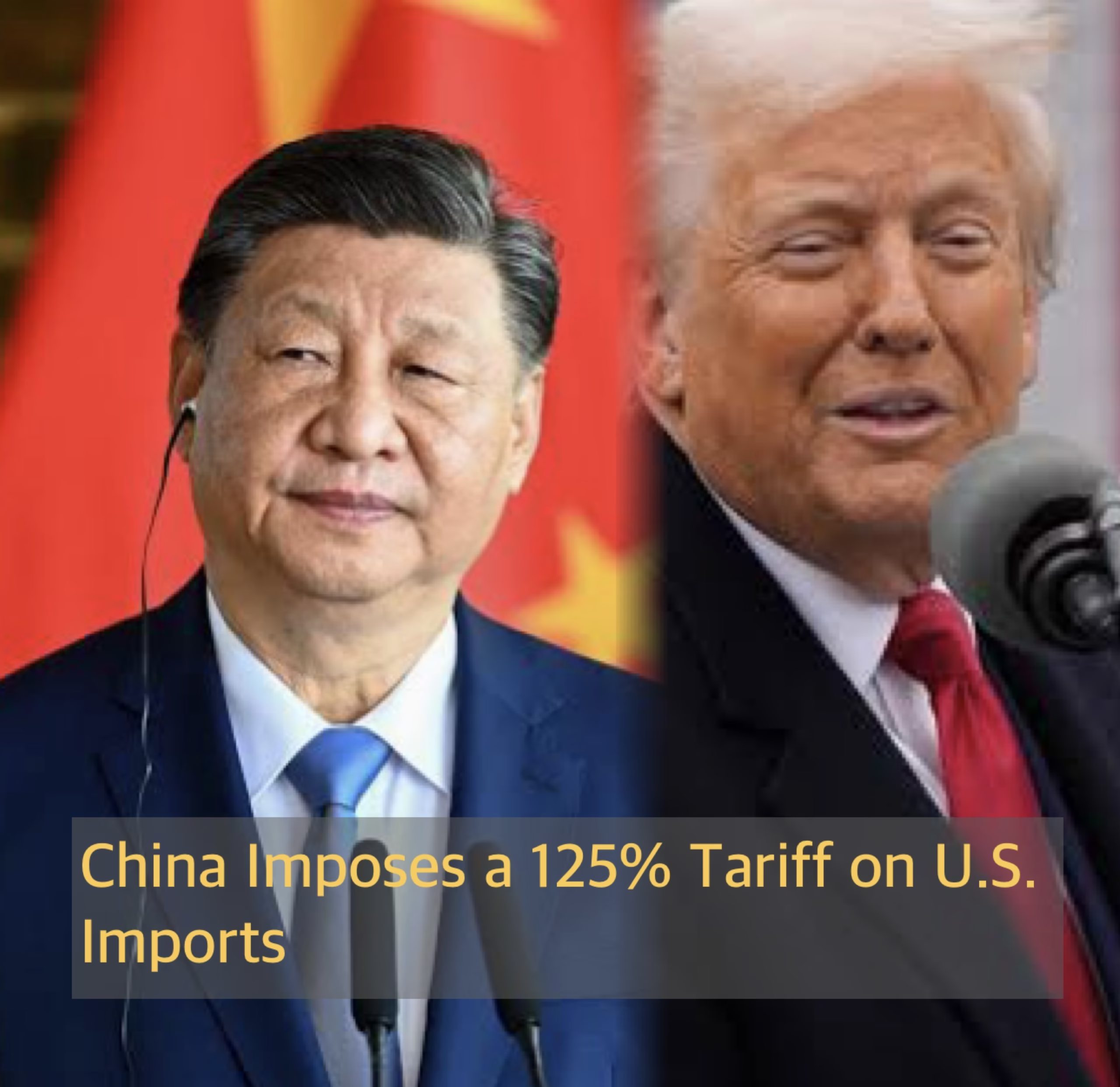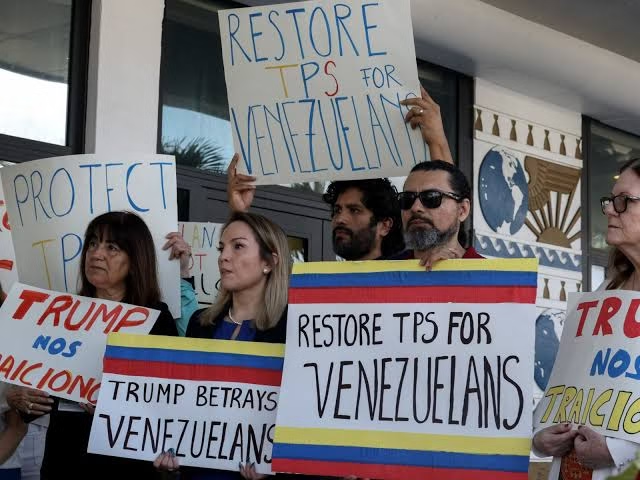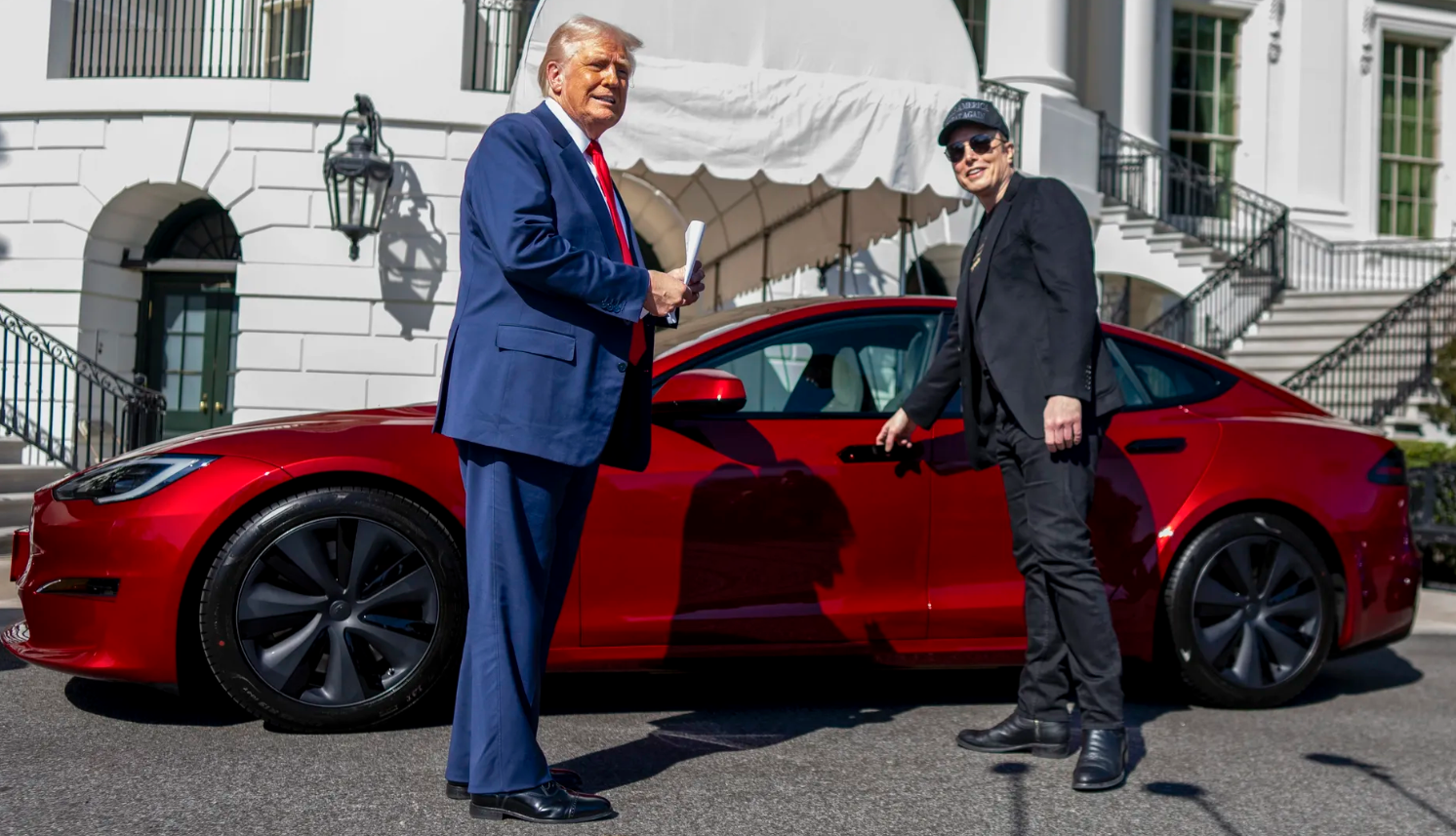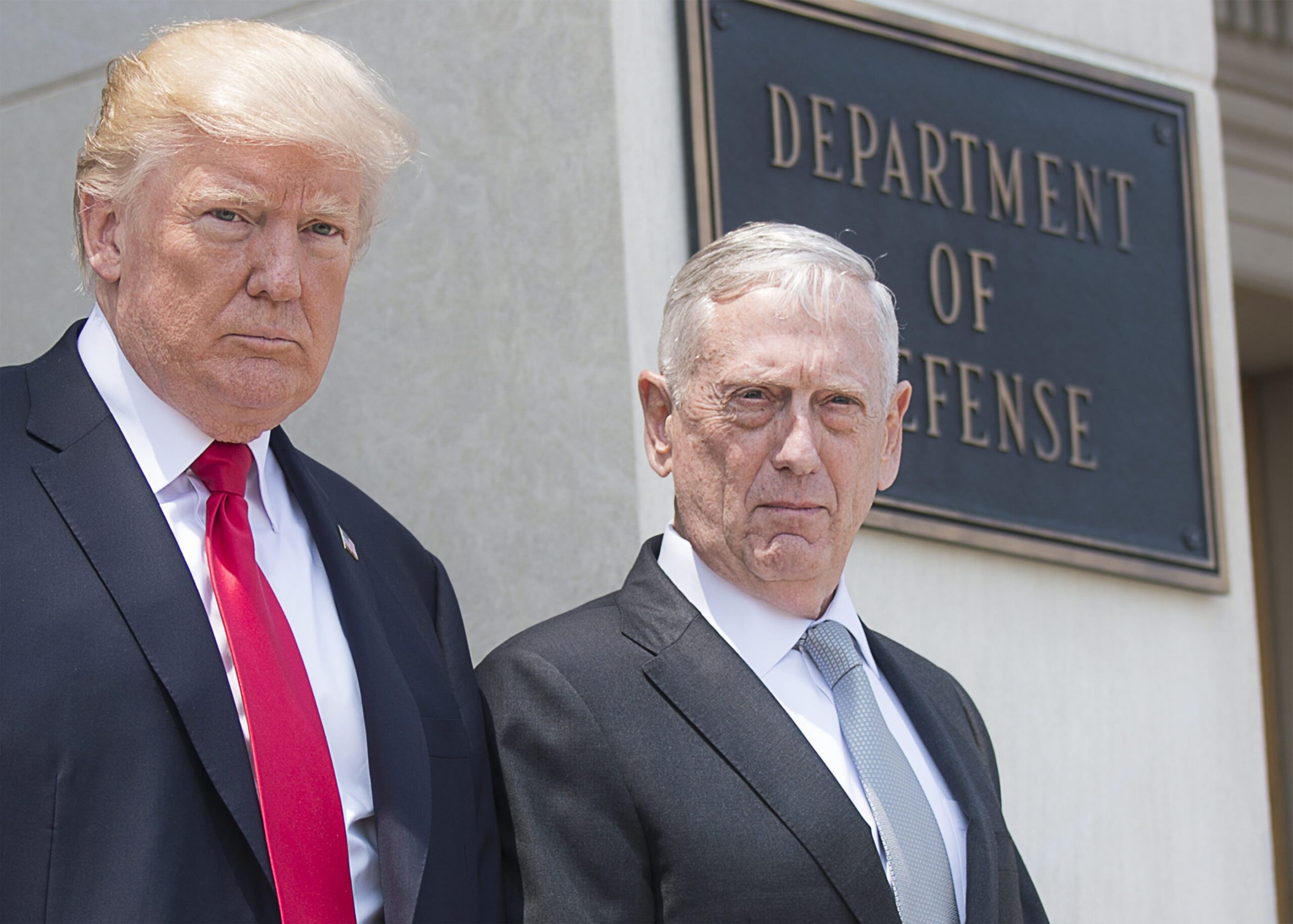Tag: Donald Trump
-

Trump Defends Economic Policies in NBC Interview, Blames Biden for Weaknesses
Washington, D.C. – Former President Donald Trump claimed credit for the U.S. economy’s strengths while blaming President Joe Biden for its struggles in a wide-ranging interview on NBC’s Meet the Press with Kristen Welker that aired Sunday. “I think the good parts are the ‘Trump economy’ and the bad parts are the ‘Biden economy’ because…
-

China Imposes a 125% Tariff on U.S. Imports
On Friday, China announced its intention to increase the tariffs on American goods to 125 percent, from the previous 84 percent. This escalation in trade tensions is a response to the third round of retaliatory measures between the United States and China, which has become an ongoing trade war between the two global superpowers. The…
-

Federal Court Blocks Trump Administration’s Plan to End TPS for Venezuelans
A U.S. federal judge has temporarily halted the Trump administration’s attempt to revoke Temporary Protected Status (TPS) for 350,000 Venezuelan immigrants, ruling that the move is likely unlawful. In a nationwide injunction issued Monday, U.S. District Judge Edward Chen blocked Homeland Security Secretary Kristi Noem’s plan to terminate TPS, a designation that allows immigrants from…
-

Trump Escalates Economic Threat with New Tariffs on Russian Oil Amid Stalled Ukraine Peace Efforts
In a bold move signaling a hardening stance toward Moscow, former President Donald Trump has threatened to impose sweeping secondary tariffs of 25% to 50% on all Russian oil imports if negotiations to secure a Ukraine cease-fire collapse, according to an exclusive NBC News report. The announcement, made during a March 30 phone interview, underscores…
-

Trump’s Show of Support for Musk and Tesla Sparks Ethical Debate Amid Growing Backlash
WASHINGTON – A fleet of Tesla vehicles transformed the White House South Lawn into an impromptu showroom last week as former President Donald Trump showcased his latest endorsement: a crimson Tesla Model S. “I want the same color,” Trump declared, admiring the car before climbing inside. The spectacle, however, was less about a presidential purchase…
-

Ex-SecDefs Revolt: Mattis, Austin, and Three Others Demand Senate Block President Trump’s Joint Chiefs Chairman Nominee Over Firing of CQ Brown
Former Protection Secretaries Condemn Trump’s Dismissal of Joint Chiefs Chair, Urge Congressional Motion 5 former U.S. Secretaries of Protection have issued a joint letter condemning President Donald Trump’s abrupt dismissal of Normal Charles “CQ” Brown Jr. as Chairman of the Joint Chiefs of Workers and urging Congress to dam the affirmation of his substitute, retired…